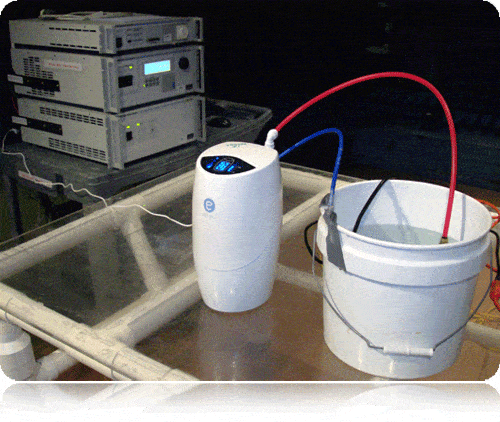
Electrical and electronic equipment may be affected by voltage dips, short interruptions or voltage variations of power supply.
Voltage dips and short interruptions are caused by faults in the network, in installations or by sudden large change of load. In certain cases, two or more consecutive dips or interruptions may occur. Voltage variations are caused by the continuously changing loads connected to the network.
These phenomena are random in nature and can be characterized in terms of the deviation from the rated voltage and duration. Voltage dips and short interruptions are not always abrupt because of the reaction time of rotating machines and protection elements connected to the power supply network. If large mains networks are disconnected (local within a plant or wide area within a region) the voltage will only decrease gradually due to the many rotating machines, which are connected to the mains networks. For a short period, the rotating machines will operate as generators sending power into the network. Some equipment is more sensitive to gradual variations in voltage than to abrupt change. Most data processing equipment has built-in power fail detectors in order to protect and save the data in internal memory so after the mains voltage has been restored, the equipment will start up in the correct way. Some power fail detectors will not react sufficiently fast on a gradual decrease of the mains voltage. Therefore, the DC voltage to the integrated circuits will decrease to a level below the minimum operating voltage before the power fail detector is activated and data will be lost or distorted. When the mains voltage is restored, the data processing equipment will not be able to restart correctly before it has been reprogrammed.
Consequently, different types of tests are specified within this standard to simulate the effects of abrupt changes in voltage, and optionally, for the reasons explained above, a type test is specified also for a gradual voltage change.
Contact us through the sidebar on the right to schedule your testing.